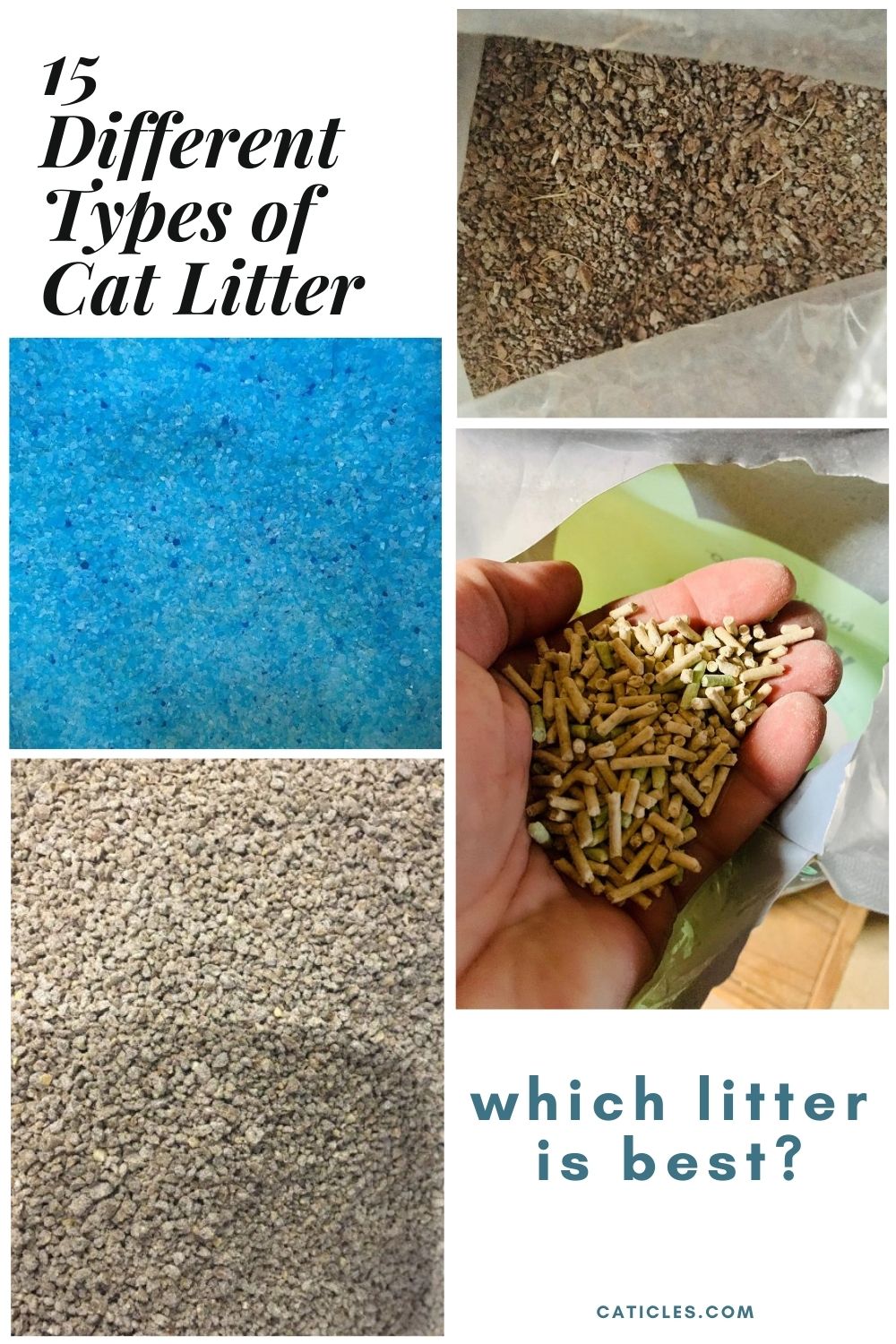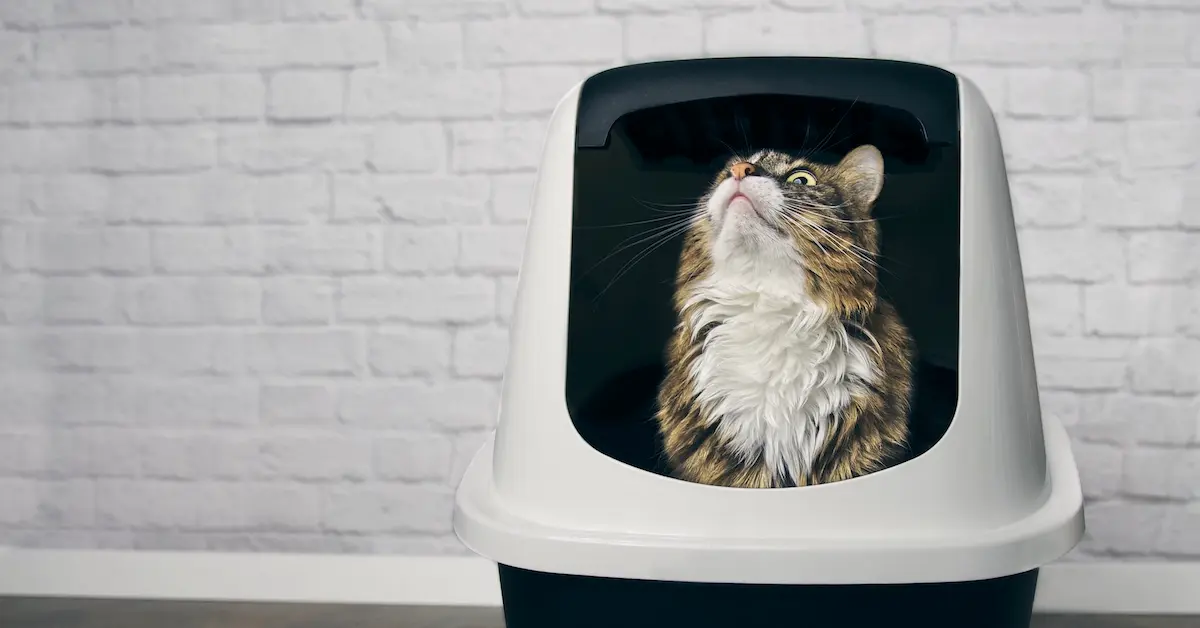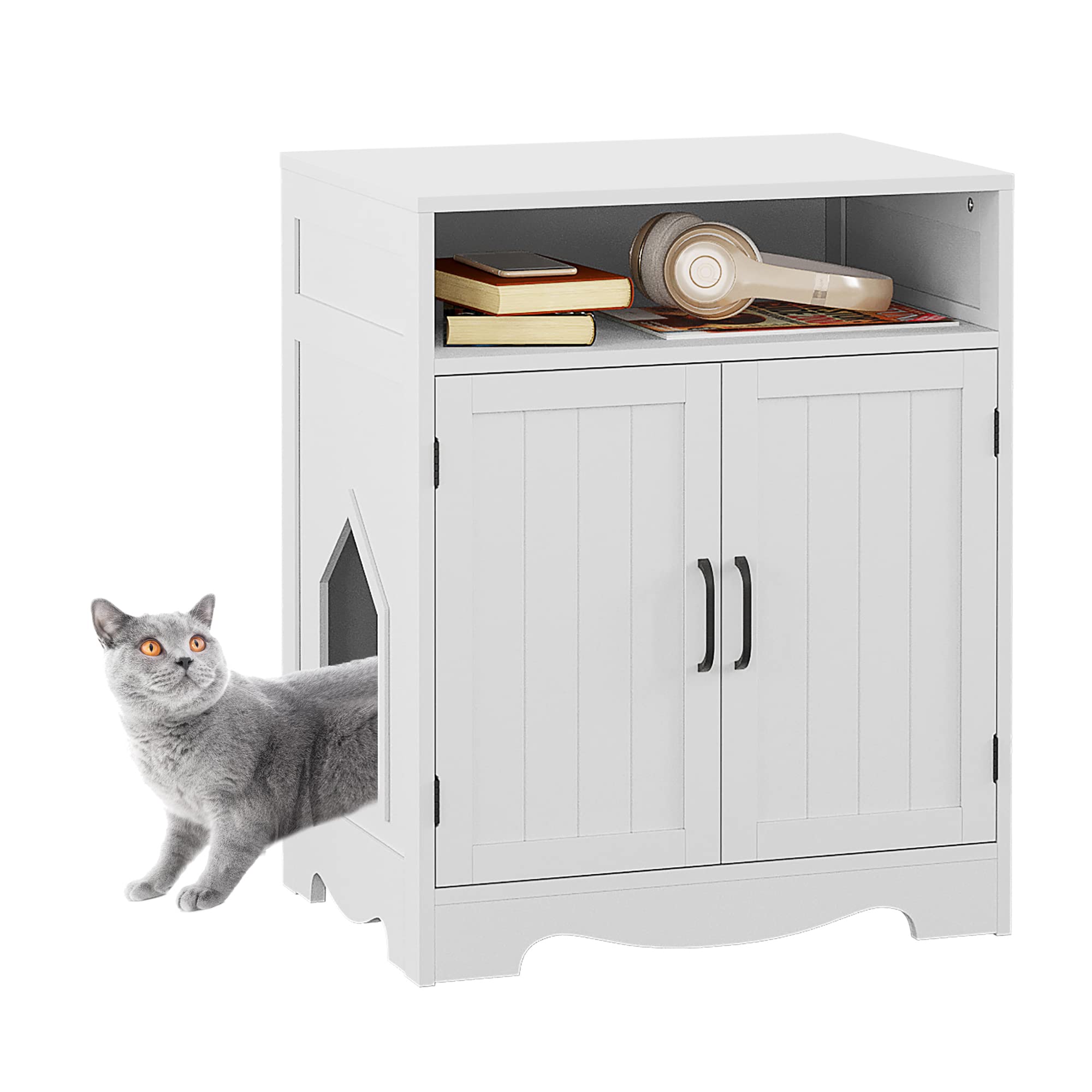Clumping litter can be bad for cats as they may ingest it while grooming, leading to health issues. It’s important to consider the potential risks before using clumping litter for your cat.
Clumping litter has gained popularity for its odor control and longevity, but it may pose health hazards for cats. Some cats may be sensitive to the dust produced when the litter is scooped, which can cause respiratory problems. Ingestion of clumping litter can lead to vomiting, diarrhea, gastrointestinal obstruction, and respiratory problems in cats.
Therefore, it’s crucial to weigh the pros and cons of clumping litter to ensure the safety and well-being of your feline companion.
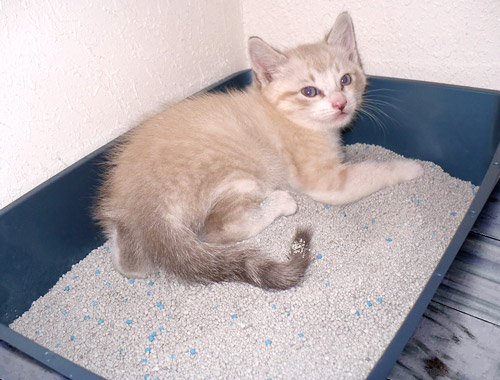
Credit: petpooskiddoo.com
Clumping Vs. Non-clumping Litter
When choosing the right litter for your feline companion, it’s essential to consider the differences between clumping and non-clumping litter. Each type has its own set of benefits and potential drawbacks that can impact your cat’s health and overall well-being.
Differences And Benefits
Clumping litter is designed to form solid clumps when it comes into contact with moisture, making it easier to remove waste and maintain a cleaner litter box. On the other hand, non-clumping litter absorbs liquid but doesn’t form clumps, requiring more frequent complete box changes. The convenience and odor control of clumping litter often make it a preferred choice for many cat owners.
Health Concerns
While clumping litter offers convenience, there are potential health concerns associated with its use. Some cats may be sensitive to the dust produced when scooping clumping litter, leading to respiratory issues. Additionally, ingestion of clumping litter can result in gastrointestinal problems for cats, as the litter forms a hard, insoluble mass when wet and may cause blockages.
It’s important to weigh the benefits and drawbacks of both clumping and non-clumping litter to make an informed decision that prioritizes your cat’s health and comfort.
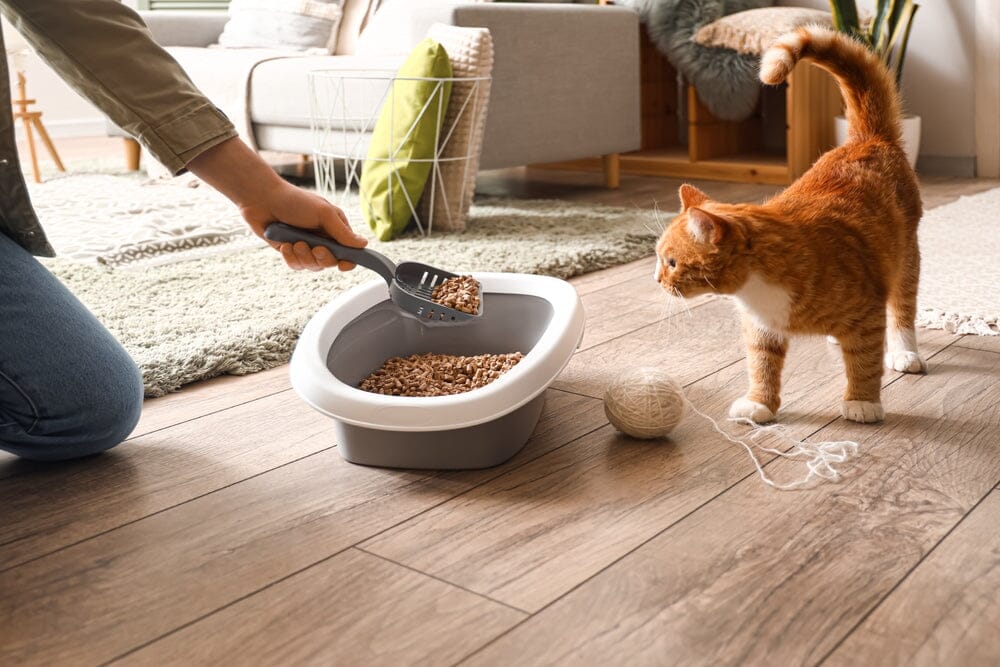
Credit: www.prettylitter.com
Myths Surrounding Clumping Litter
Respiratory Problems
One of the prevalent myths surrounding clumping litter is that it can lead to respiratory problems in cats. The belief is that the dust produced when the litter is disturbed during scooping can be harmful to cats, causing respiratory distress. However, it’s important to note that not all clumping litters produce excessive dust, and there are low-dust and dust-free options available that mitigate this concern. Additionally, proper ventilation in the litter box area can help reduce the risk of respiratory issues.
Gastrointestinal Issues
Another misconception is that clumping litter can cause gastrointestinal problems in cats. There is a concern that if cats ingest clumping litter while grooming themselves, it can lead to gastrointestinal obstruction or other digestive issues. While it’s true that ingesting large amounts of clumping litter can be harmful, cats typically groom themselves after using the litter box and may ingest small amounts of any type of litter. It’s essential to monitor your cat’s litter consumption and behavior to ensure their well-being.
Health Risks For Cats
Clumping litter can pose health risks for cats such as respiratory problems, gastrointestinal obstruction, and vomiting. Ingestion of the litter can cause blockages in their intestines. To prevent these issues, it’s recommended to choose a dust-free natural litter or a low-dust natural litter instead.
Vomiting And Diarrhea
Clumping litters are linked to a wide range of cat health problems, including vomiting and diarrhea. When the litter gets wet, it forms a hard, insoluble mass, which can cause gastrointestinal distress if ingested by the cat. The fine dust produced by clumping litters can also be ingested during grooming, leading to digestive issues.
Kidney And Respiratory Problems
Another concerning health risk associated with clumping litters is the potential for kidney and respiratory problems in cats. The ingestion of clumping litter can lead to the formation of a cement-like concretion in the stomach, potentially causing blockages in the intestines. Additionally, the fine dust produced by clumping litters can be inhaled, leading to respiratory irritation and issues.
Expert Opinions
When it comes to the topic of clumping litter and its effects on cats, it’s crucial to consider the insights of experts in the field. Veterinarians, animal behaviorists, and pet care professionals offer valuable recommendations and insights into the potential impact of clumping litter on feline health and well-being. Understanding their perspectives can help cat owners make informed decisions regarding the type of litter they choose for their pets.
Veterinarians’ Recommendations
Veterinarians play a crucial role in guiding pet owners on matters related to their animals’ health. When it comes to cat litter, many veterinarians recommend unscented, clumping clay litter. Dr. Zach Coston, DVM, of Dutch, an online veterinary service, emphasizes that clay litter is economical, highly absorbent, and easy to clean. This recommendation underscores the practicality and efficiency of clumping litter in managing cat hygiene.
Types Of Litter To Consider
Considering the potential health concerns associated with clumping litter, it’s important for cat owners to explore alternative options. Dust-free natural litter or low-dust natural litter are recommended for cats that may be sensitive to the dust produced by traditional clumping litters. Additionally, non-clumping litter can be a viable alternative for pet owners looking to avoid the potential risks associated with clumping varieties.
Quality Of Clumping Litters
When considering cat litter options, the quality of clumping litters plays a crucial role in the health and well-being of your feline friend.
Safe And Non-toxic Materials
- Look for litters made from natural and non-toxic materials to ensure safety for your cat.
- Avoid litters containing chemicals or artificial fragrances that can irritate your cat’s respiratory system.
- Opt for plant-based or biodegradable options that are gentle on your cat’s paws and environmentally friendly.
Minimizing Risks
- Regularly scoop clumps to prevent bacterial growth and odor buildup in the litter box.
- Monitor your cat’s behavior and health to detect any signs of adverse reactions to the litter.
- Provide alternatives such as non-clumping litters if your cat shows sensitivity to clumping litter.
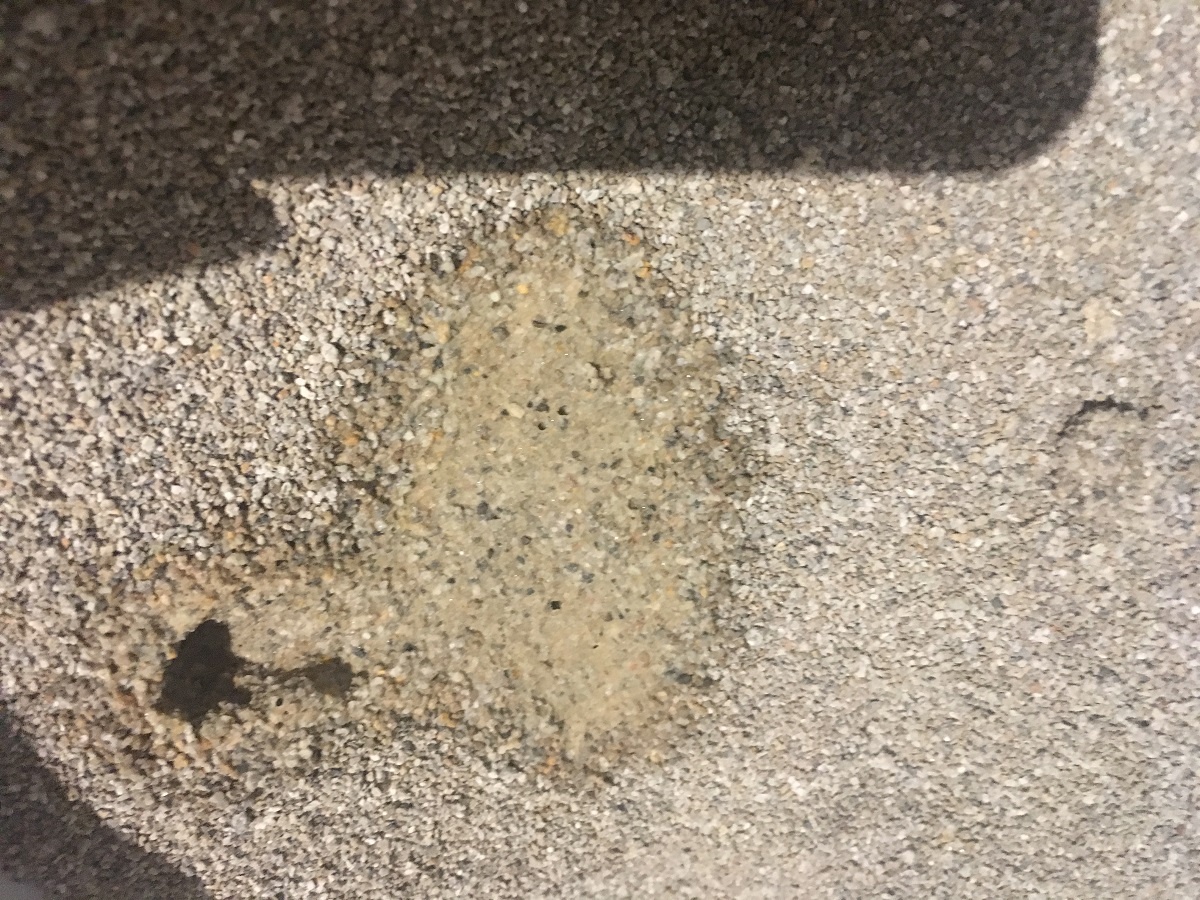
Credit: caticles.com
Alternatives To Clumping Litter
Considering alternatives to clumping litter may be beneficial for cats’ health. Some cats may have sensitivities to the dust produced by clumping litter, leading to respiratory issues. Opting for dust-free natural or low-dust litter can help prevent potential problems for your feline companions.
Natural And Dust-free Options
When considering alternatives to clumping litter for your cat, natural and dust-free options can be beneficial. These alternatives are often made from materials like wood, paper, or plant-based products, providing a safer and healthier environment for your feline friend.
Considerations For Kittens
When choosing a litter alternative for kittens, it’s essential to consider their delicate nature. Opt for non-clumping litter options that are gentle on their developing systems and less likely to cause any health issues. Additionally, dust-free options can help prevent respiratory problems in young cats.
Frequently Asked Questions
Is It Better To Use Clumping Or Non-clumping Litter?
Clumping litter is better due to superior odor control and longer-lasting freshness. The easy-to-remove clumps mean less frequent litter box changes. However, some cats may be sensitive to the dust from clumping litter, so consider a dust-free alternative.
Why Shouldn’t I Use Clumping Cat Litter?
Clumping cat litter can cause respiratory problems and be more expensive than non-clumping litter. It may also lead to health issues in cats if ingested, such as vomiting, diarrhea, and gastrointestinal obstruction. Opt for dust-free natural litter or low-dust natural litter for your cat’s health.
Can Clumping Cat Litter Make Cats Sick?
Clumping cat litter can make cats sick, causing vomiting, diarrhea, and respiratory issues due to ingestion.
Do Vets Recommend Clumping Cat Litter?
Most vets recommend unscented, clumping clay litter for cats. It is economical, absorbent, and easy to scoop and clean. However, some cats may be sensitive to the dust produced when the litter is scooped, which can cause respiratory problems. In addition, ingestion of clumping litter can cause health problems such as vomiting, diarrhea, and gastrointestinal obstruction.
High-quality clumping litters made from non-toxic materials are safer for cats.
Is Clumping Litter Safe For Cats?
Clumping litter can be safe for cats as long as it is made from non-toxic materials and is dust-free. However, some cats may have respiratory problems due to the dust produced when the litter is scooped.
Conclusion
Ultimately, when deciding on clumping litter for your cat, consider the potential health risks. Opting for high-quality, non-toxic options can minimize any dangers associated with ingestion. Prioritize your feline friend’s well-being by making an informed choice that aligns with their safety.


